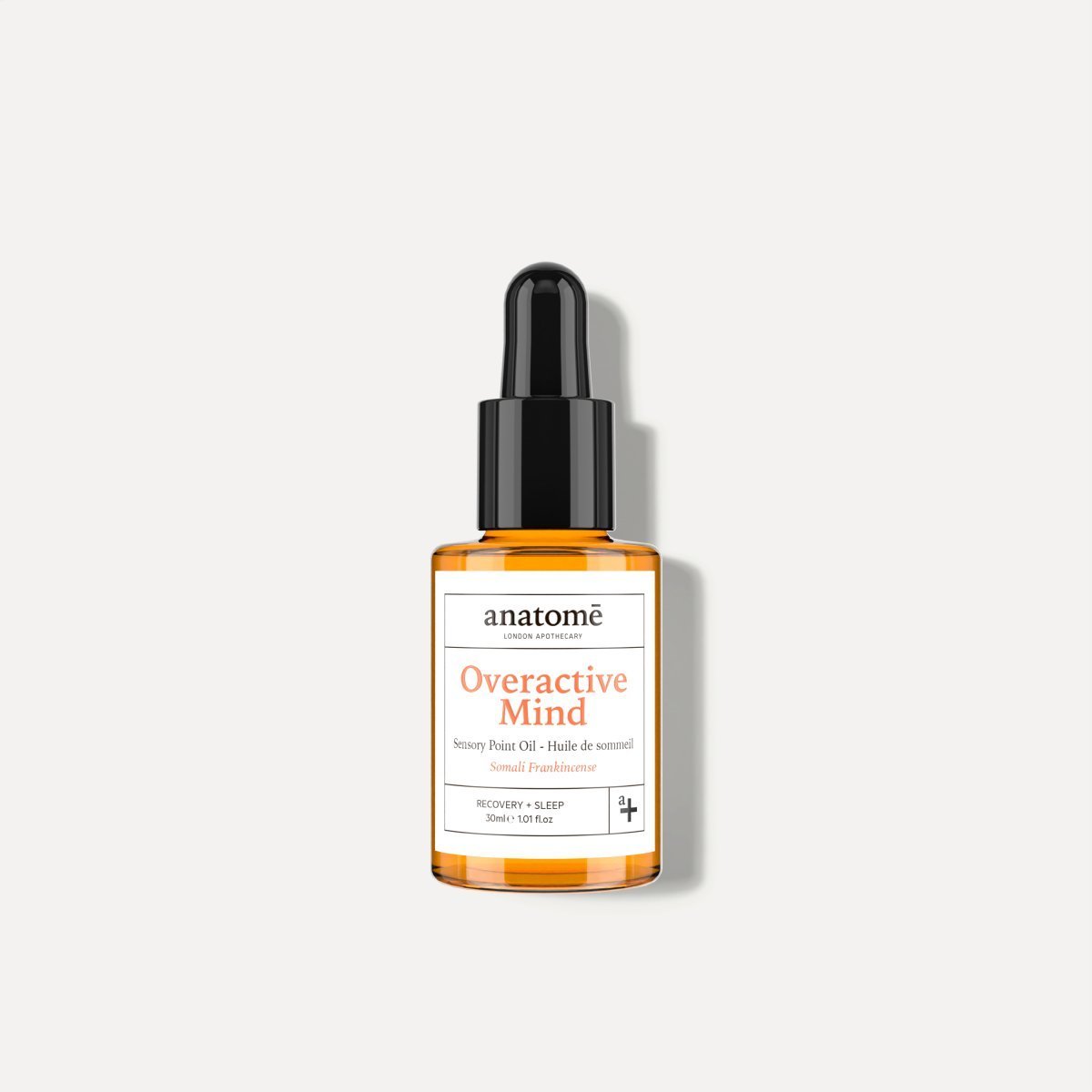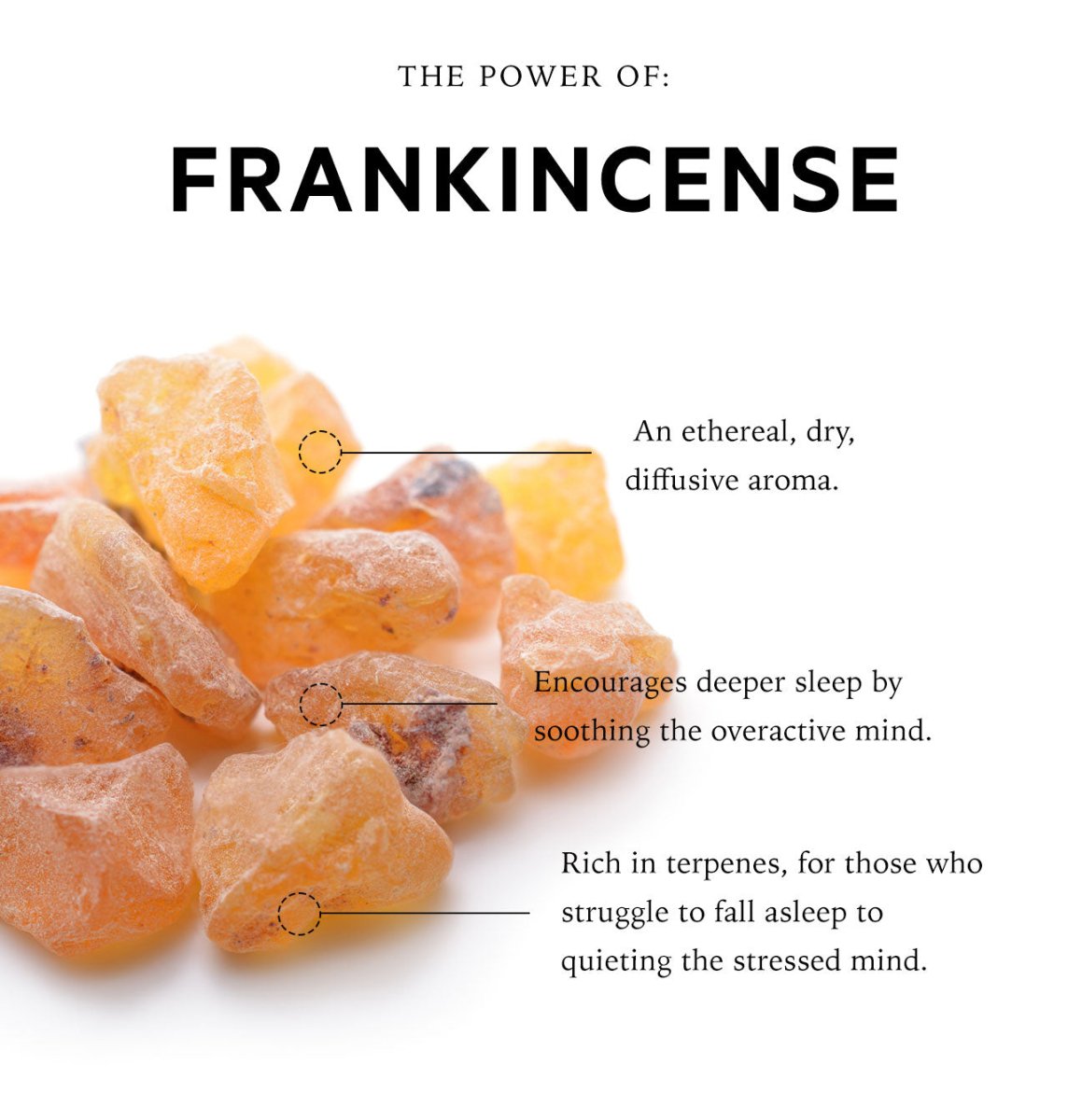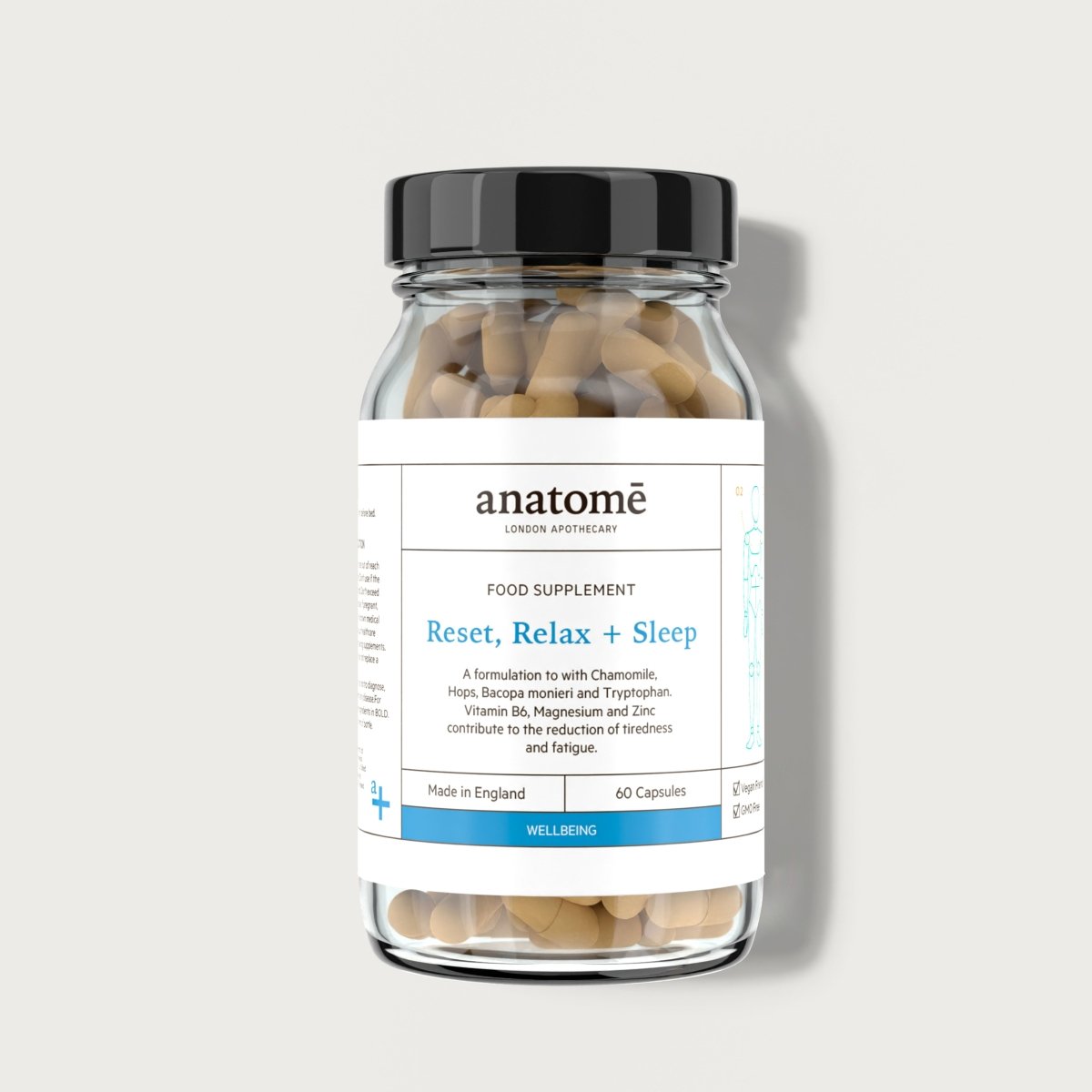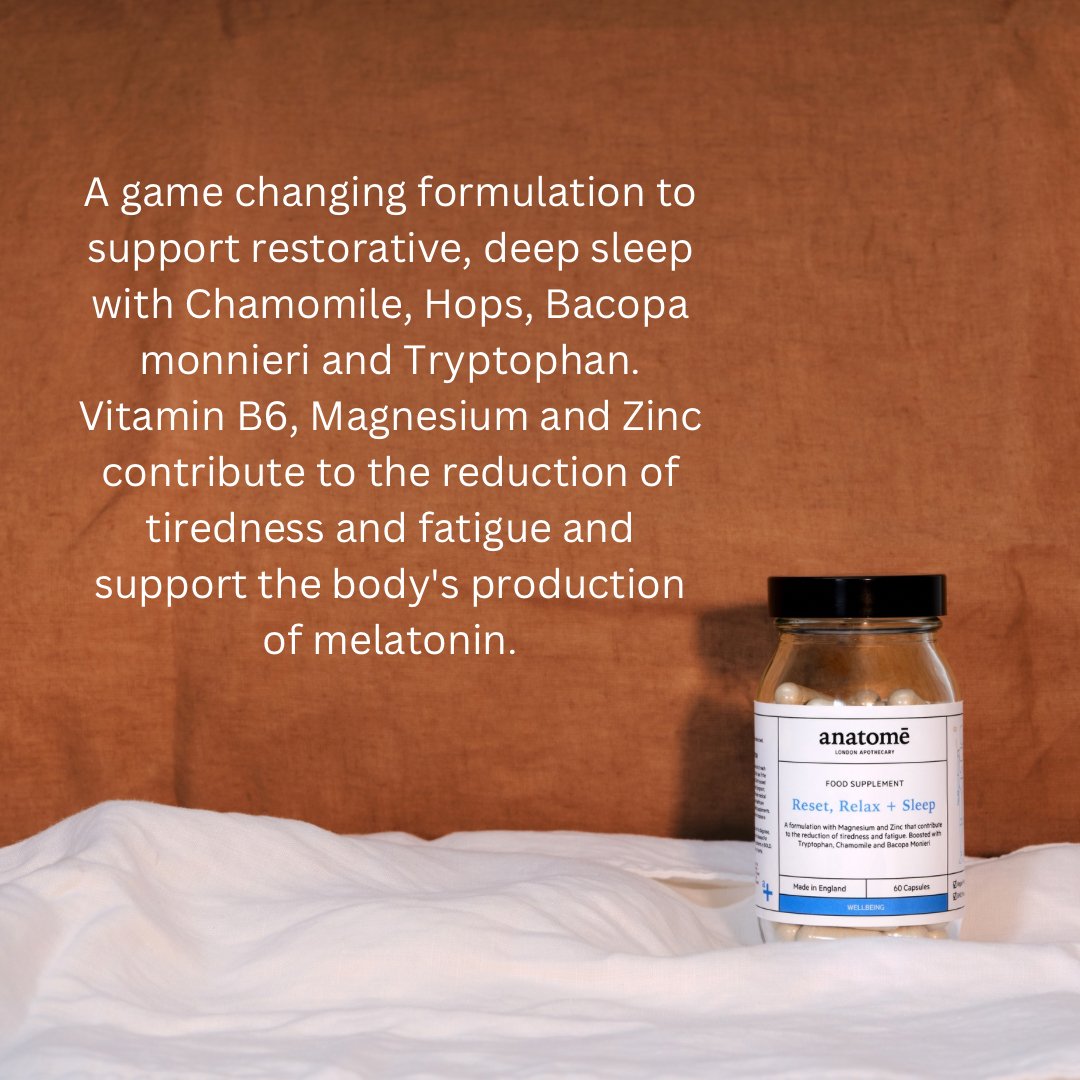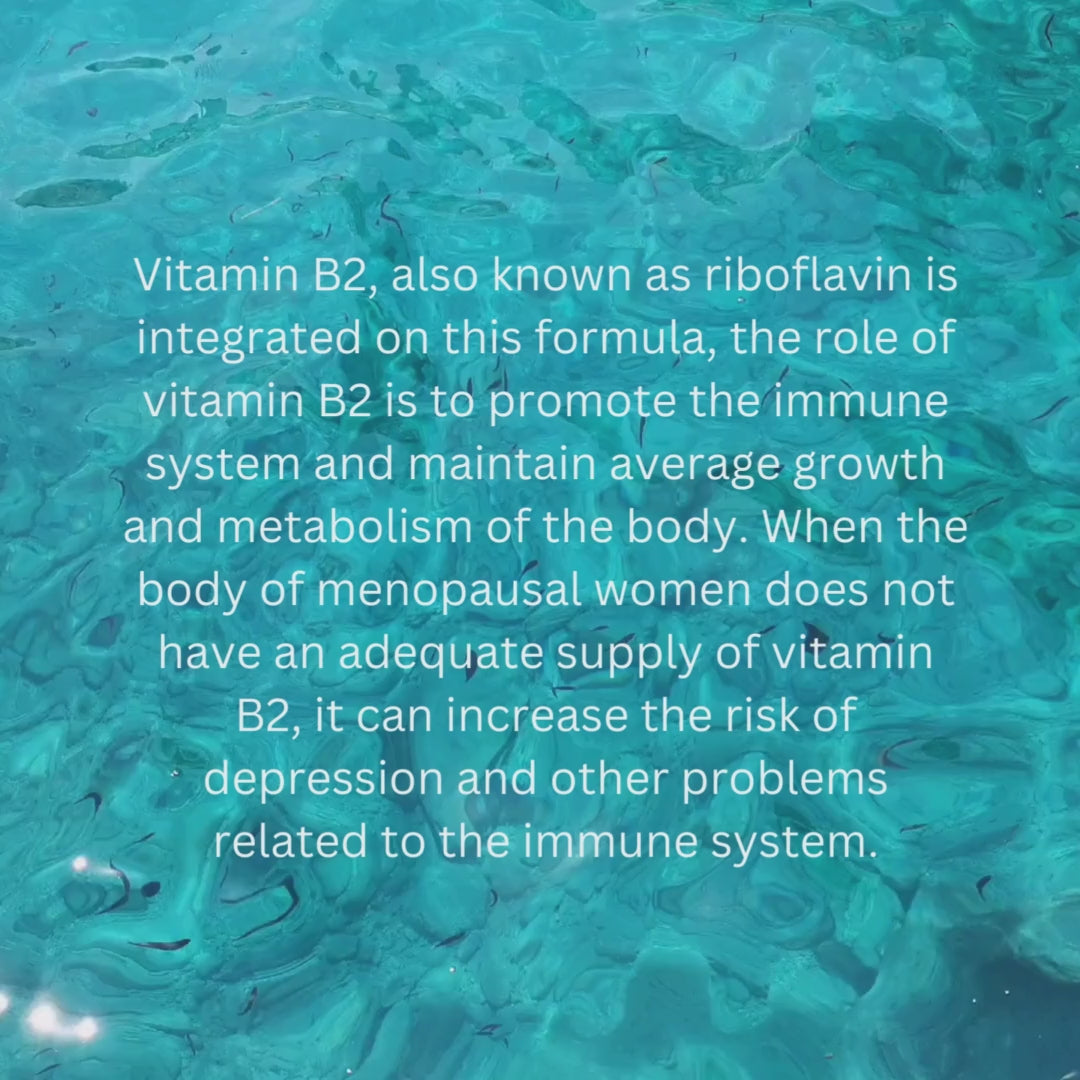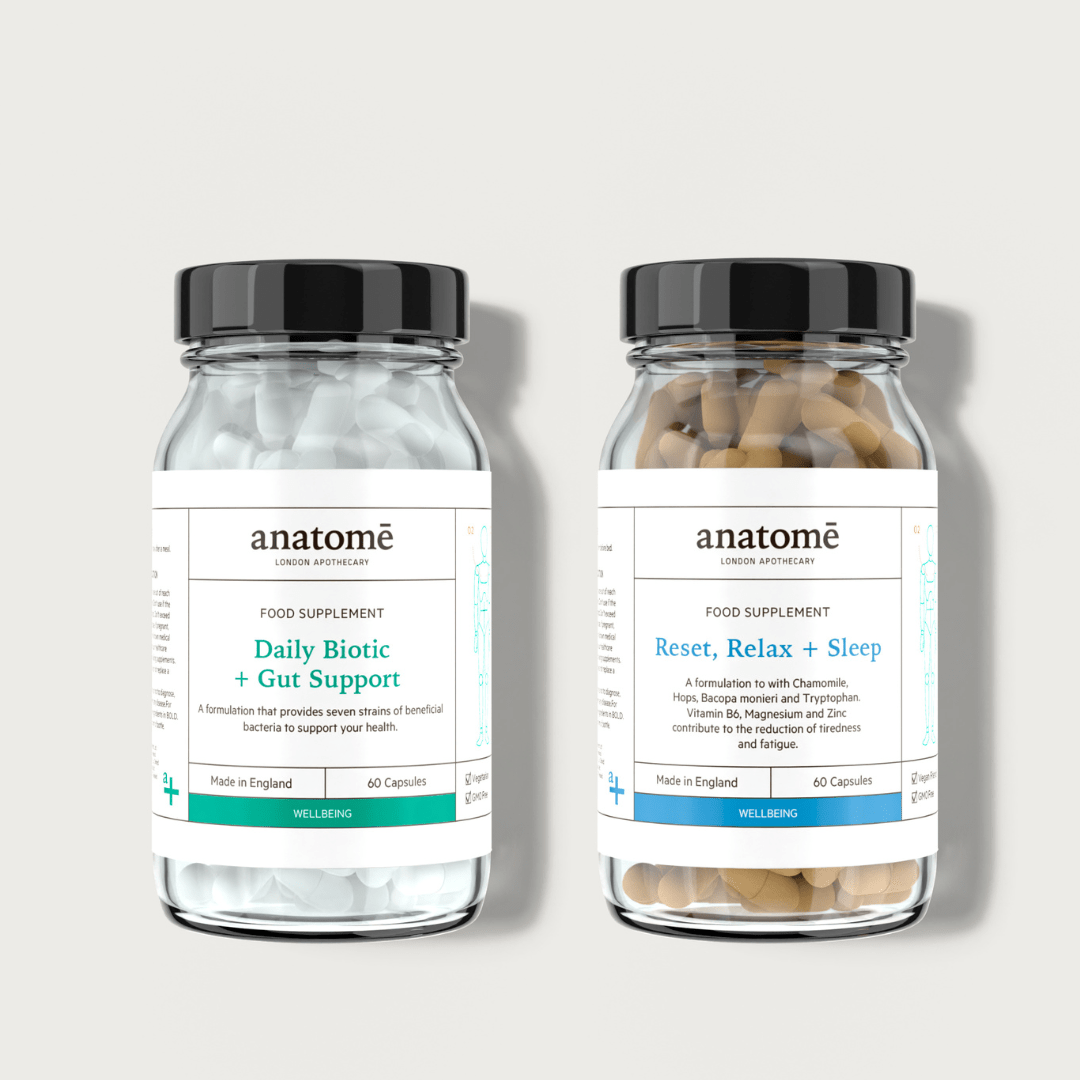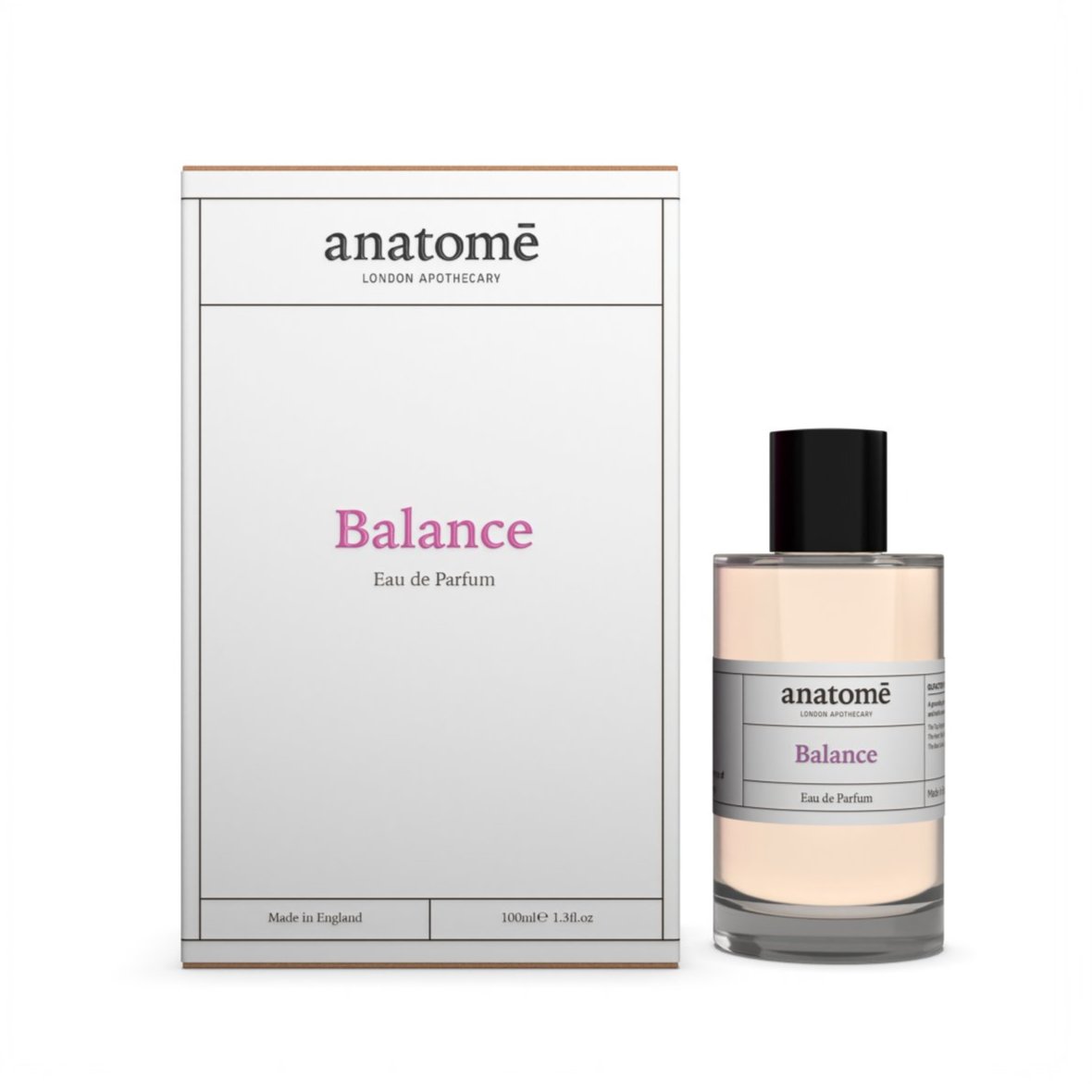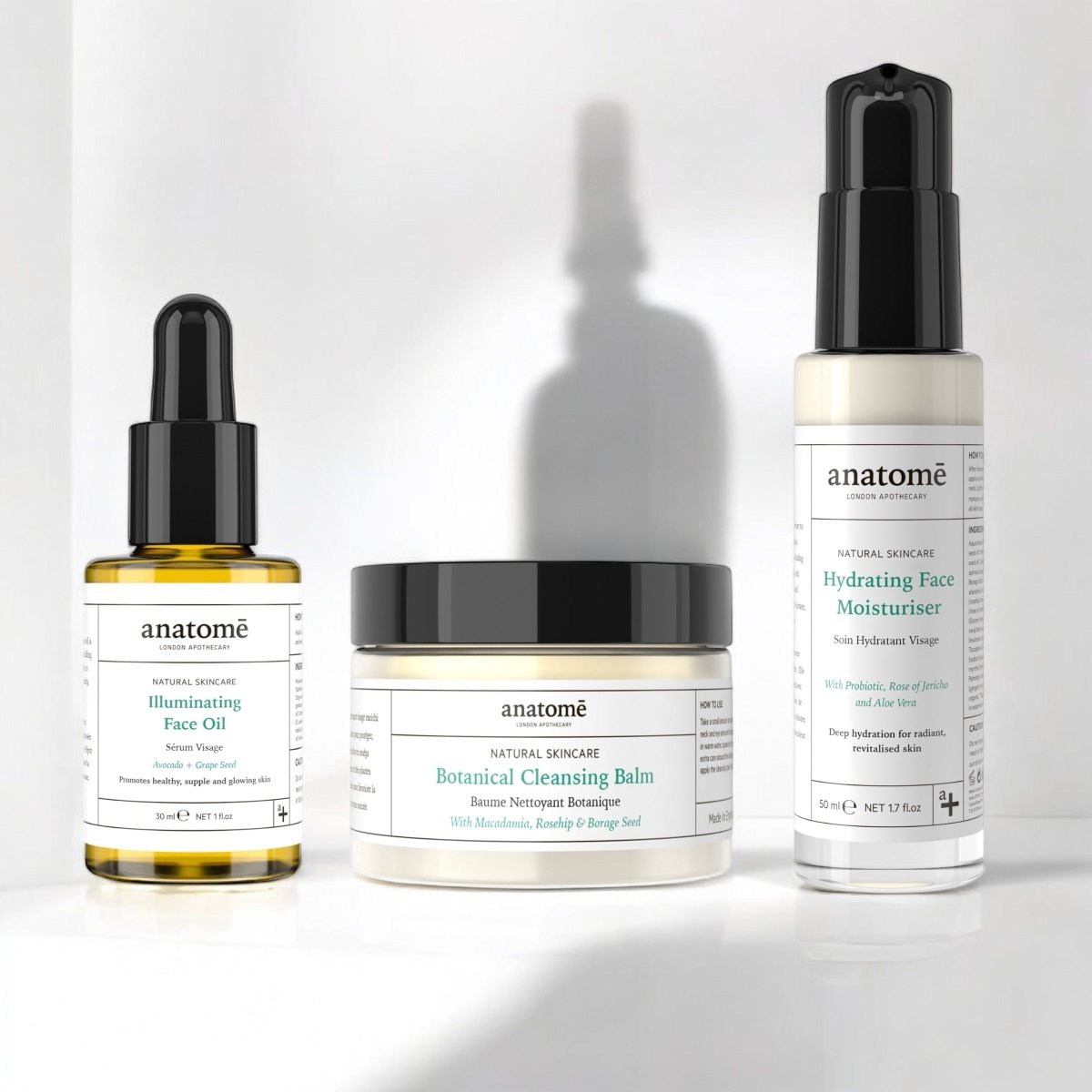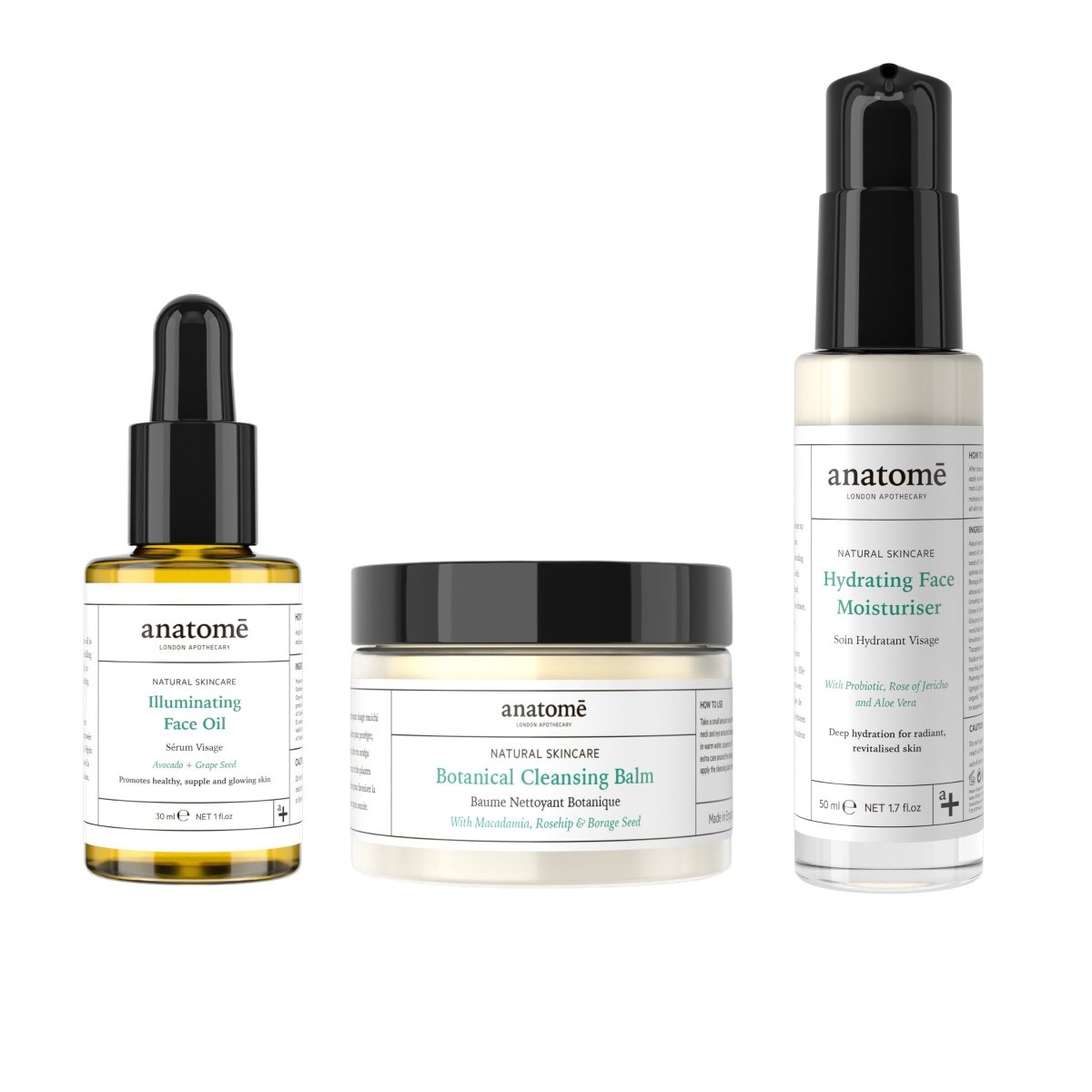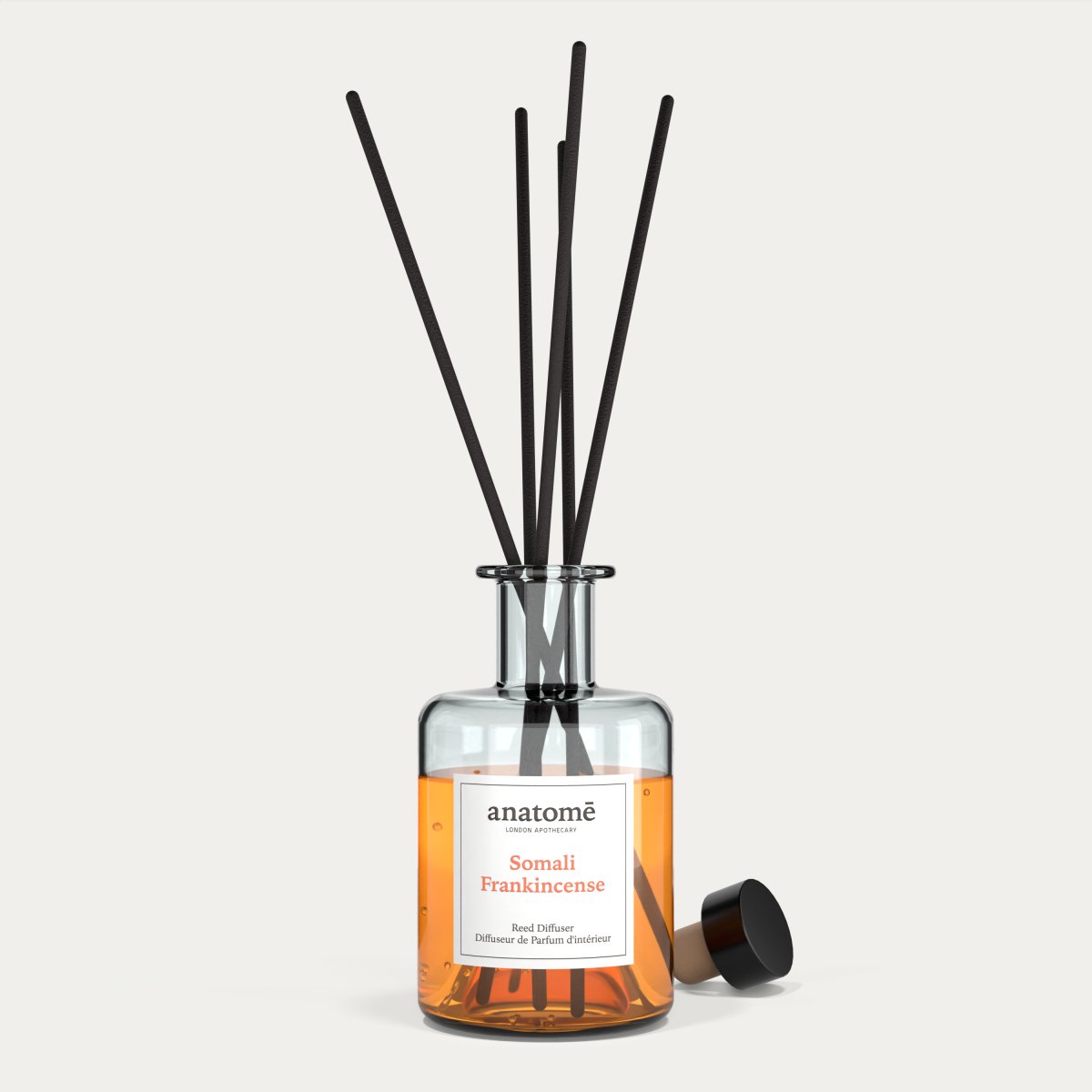
5 foods for energy
We’ve all hit that afternoon slump where our energy dips and our focus fades. Our body is fuelled by what we feed it and impacts our energy levels in significant ways. While that energy slump is frustrating, there are reasons behind it and there are things we can do to help mitigate that midday energy slump. In this article, we’ll go through why your energy fades at times and 5 of our favourite foods for energy.
Why energy fades
Energy can fade for all sorts of reasons, but the number one reason that energy dips, according to a recent study, is that the brain’s reward system is at its lowest around 2pm (1). Past research found that neural reward responses may be different in the afternoon, but they hadn’t discovered in what way (2). When the brain is exposed to a rewarding stimulus, it responds by releasing dopamine, known as one of the body’s happy hormones, into the brain (3). However, new research suggests that in the afternoon, that trigger is at its least sensitive (1). Dopamine is one of the hormones that helps provide us with energy, so when the body isn’t releasing as much, it means that we end up more groggy and have less energy (4). It’s likely that this system for why we feel so exhausted in the middle of the day, or for days at a time is extremely complex and we’re only just beginning to find an understanding of it, but this preliminary research can help us to understand how to combat the lack of energy. There are a number of foods that have been proven to help boost energy and increase dopamine levels naturally.
Porridge
Porridge is a great source of essential vitamins and minerals, like iron, manganese, and B vitamins, that help you stay energised all day long. Not only is it a whole grain, but it also contains beta-glucan, a soluble fibre that forms a thick gel when it is mixed with water. This gel helps the digestive system delay emptying the stomach and the absorption of glucose into the blood, which means that you’re going to stay full for longer and the nutrients will release slowly into your bloodstream for a more sustained energy release (5,6,7).

Bananas
We all know that bananas are a great source of potassium, but they’re also chock full of B vitamins and are a complex carbohydrate (8). They contain 3 different kinds of essential natural sugars, glucose, fructose and sucrose, which help to boost your energy levels over time and don’t cause a spike, meaning there will be no crash (9). They are rich in pectin and starch, which, like porridge, helps to delay the emptying of the stomach, so you stay fuller longer and there is a more sustained release of energy (10).
Eggs
Eggs are one of the most nutritious foods that we have. Not only are they full of protein, but they are also rich in B vitamins, which help enzymes break down food for energy, and contain the amino acid Leucine, which is known to stimulate energy production (11,12). The amino acid helps cells take in blood sugar, break down fat to produce energy, and stimulates the production of energy within cells (12). Protein is a great source of the amino acid tyrosine, which enzymes in your body turn into dopamine, helping to maintain your energy levels and battle that afternoon slump (13).

Yoghurt
Yoghurt is a great source of probiotics, carbs, and protein. The carbs that are found in yoghurt come in the form of simple sugars, like lactose and galactose, which when broken down provide energy to the body (14). Since it’s full of protein as well, it helps to slow the digestion of the carbs and provides a sustained release of energy over time (14). Plus, certain bacteria found in the gut and sustained with natural probiotics have been linked to the production of dopamine (15). While research in this area is limited, it does show promising results for energy production in the body.

Beans
Beans are also a great source of protein and essential nutrients. While there are many different kinds of beans, their nutrient profiles are similar and are full of carbohydrates, fibre, protein and contain antioxidants that help to fight inflammation and encourage energy production (16,17). Black beans and black-eyed peas are the most popular beans, and for good reason with them being good sources for folic acid, magnesium, and iron, all nutrients that are involved with energy production and aid in energy delivery (18). Velvet beans, while not as common, naturally contain high levels of L-dopa, the precursor molecule to dopamine, meaning that they are likely to help aid in the production of dopamine in the brain and can help encourage the reward system in your brain to function more efficiently in the afternoon (19).
No matter what you choose to eat, it’s likely that one of these foods will help increase your energy levels and get you back on track for the rest of your day.
References:
- https://www.jneurosci.org/content/37/37/8895#sec-12
- https://www.sciencedirect.com/science/article/abs/pii/S1471489208002129
- http://www.ncbi.nlm.nih.gov/pubmed/17072591
- http://dx.doi.org/10.1098/rstb.2006.1854
- https://fdc.nal.usda.gov/fdc-app.html#/food-details/785470/nutrients
- https://www.ncbi.nlm.nih.gov/pubmed/18633670
- https://www.ncbi.nlm.nih.gov/pmc/articles/PMC5421128/
- https://fdc.nal.usda.gov/fdc-app.html#/food-details/362759/nutrients
- https://www.ncbi.nlm.nih.gov/pubmed/2849298
- https://www.ncbi.nlm.nih.gov/pubmed/8092089
- https://pubmed.ncbi.nlm.nih.gov/26828517/
- https://nutritionj.biomedcentral.com/articles/10.1186/s12937-017-0298-6
- https://www.nature.com/articles/ejcn2014123
- https://www.ncbi.nlm.nih.gov/pubmed/24997036

